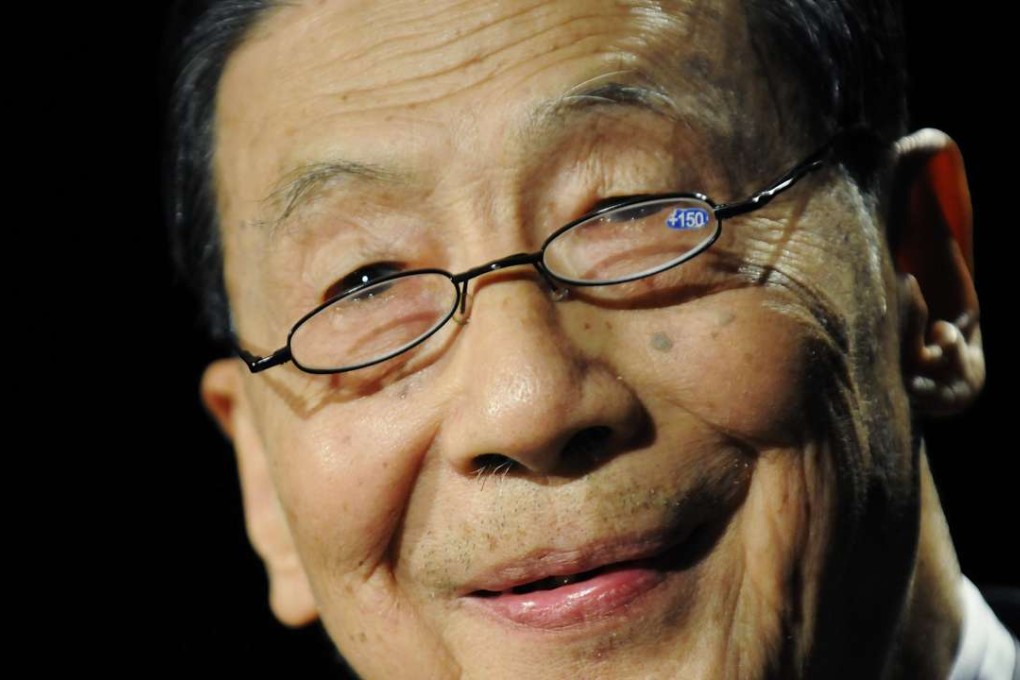Chinese liberal think tank slams Beijing censors after website and media accounts shut down
Influential Unirule Institute of Economics, which often challenges government’s economic policy, publishes protest letter online on Tuesday, which is then deleted

In a rare and brave move, a Beijing-based liberal think tank said on Tuesday that China’s internet censors had violated laws by shutting down its website and all of its social media accounts.
The move to delete the website and a handful of Unirule Institute of Economics’ social media accounts and those of a few of its members – all within the space of one hour last Friday afternoon – was done with “the obvious aim of silencing Unirule totally”, it said in a letter it published online on Tuesday.
The letter by the private think-tank, established by a group of liberal intellectuals – which was quickly deleted from the internet after being published – said no Chinese authorities had presented any official documents to support or explain the punishment, nor had they listened to the think tank’s pleas, which Chinese law required.
The deleted letter also called for greater tolerance from Beijing about “non-governmental organisations”.
“We’ve noticed that [China’s President] Mr Xi Jinping has recently defended the free trade principal at Davos, and it’s a common sense that free trade and free expression share inherent links,” the letter said.